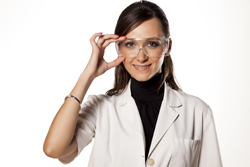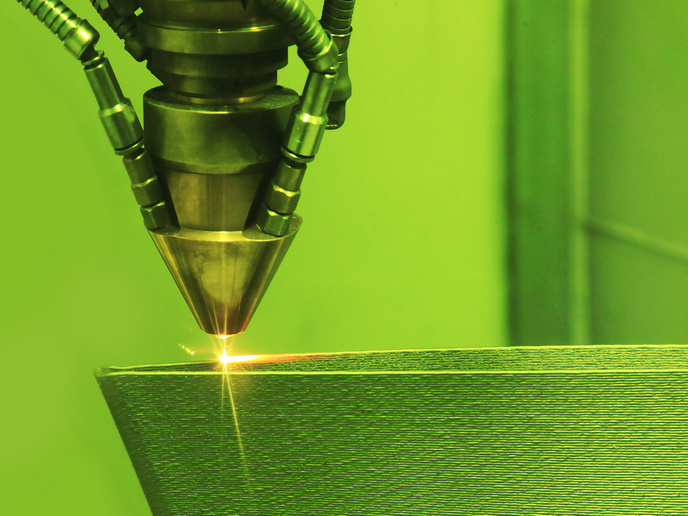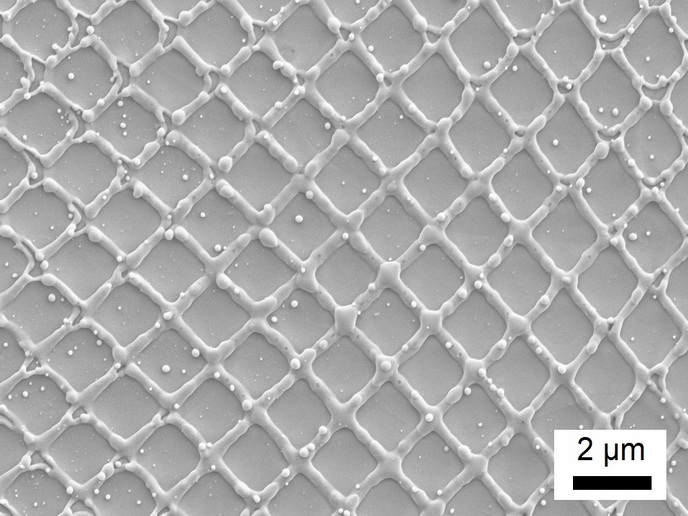Training network for science synergies
As scientific research advances at an unprecedented pace, the boundaries between many traditional sciences are being extended and disciplines are being combined. The overlapping of physics and chemistry has also brought into the fold other disciplines such as analytical, biological and computer sciences, as well as electronic engineering. Against this backdrop, the EU-funded training network 'Imaging and control in chemistry - ICONIC' (ICONIC) trained young researchers in this complex interdisciplinary field. Bringing together 15 stakeholders — 11 academic partners and 4 industrial ones — the initiative offered a mix of abstract and practical challenges designed to improve the participants' problem-solving skills and encourage scientific imagination. In effect, the four-year network prepared the young PhD researchers to embrace careers in science and industry, giving them valuable skills and knowledge to tackle the bigger picture in science. More specifically, the programme provided 567 training months for ESRs and 78 training months for experienced researchers. Innovative hands-on training projects that exploited the latest technology and high-end laboratories spanned different European locations in the Czech Republic, Germany, Greece, France and the Netherlands. ICONIC also organised an international conference in the United Kingdom and a closing event in the Netherlands that covered important topics for budding researchers, such as career planning and recruitment opportunities. Significant progress emerged from the network, including over 100 scientific publications. The number is expected to rise as the researchers complete their PhDs. Also noteworthy is the number of joint publications with two or more ICONIC partners, attesting to important synergies in the network. Specific practical innovations that came from the initiative include a pulsed molecular beam source and imaging detectors, which could lead to new collaboration initiatives between the network's academic and industrial partners. Such training endeavours will undoubtedly enrich research and innovation in the EU, as well as the knowledge economy, opening up new doors and synergies between academia and industry.







